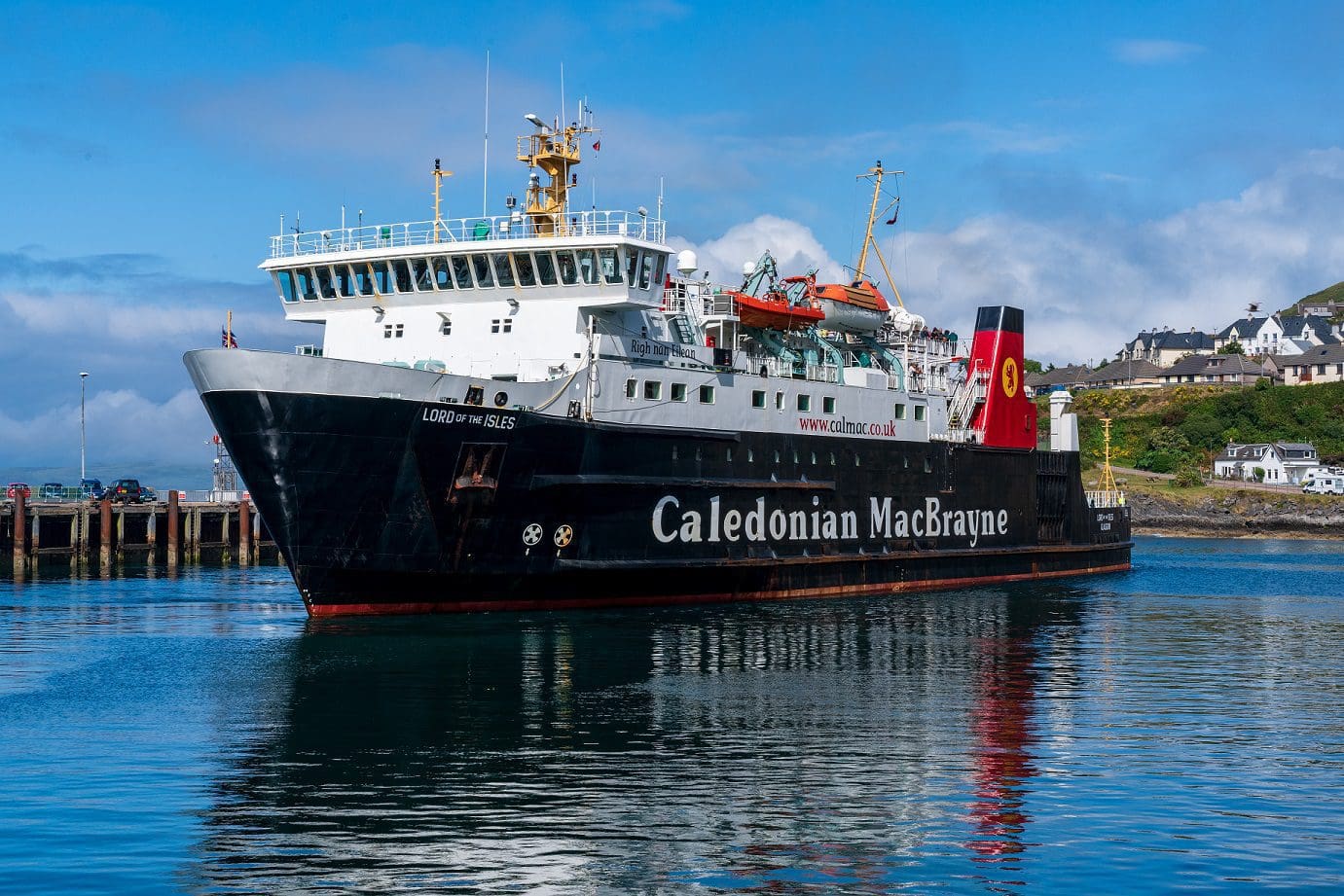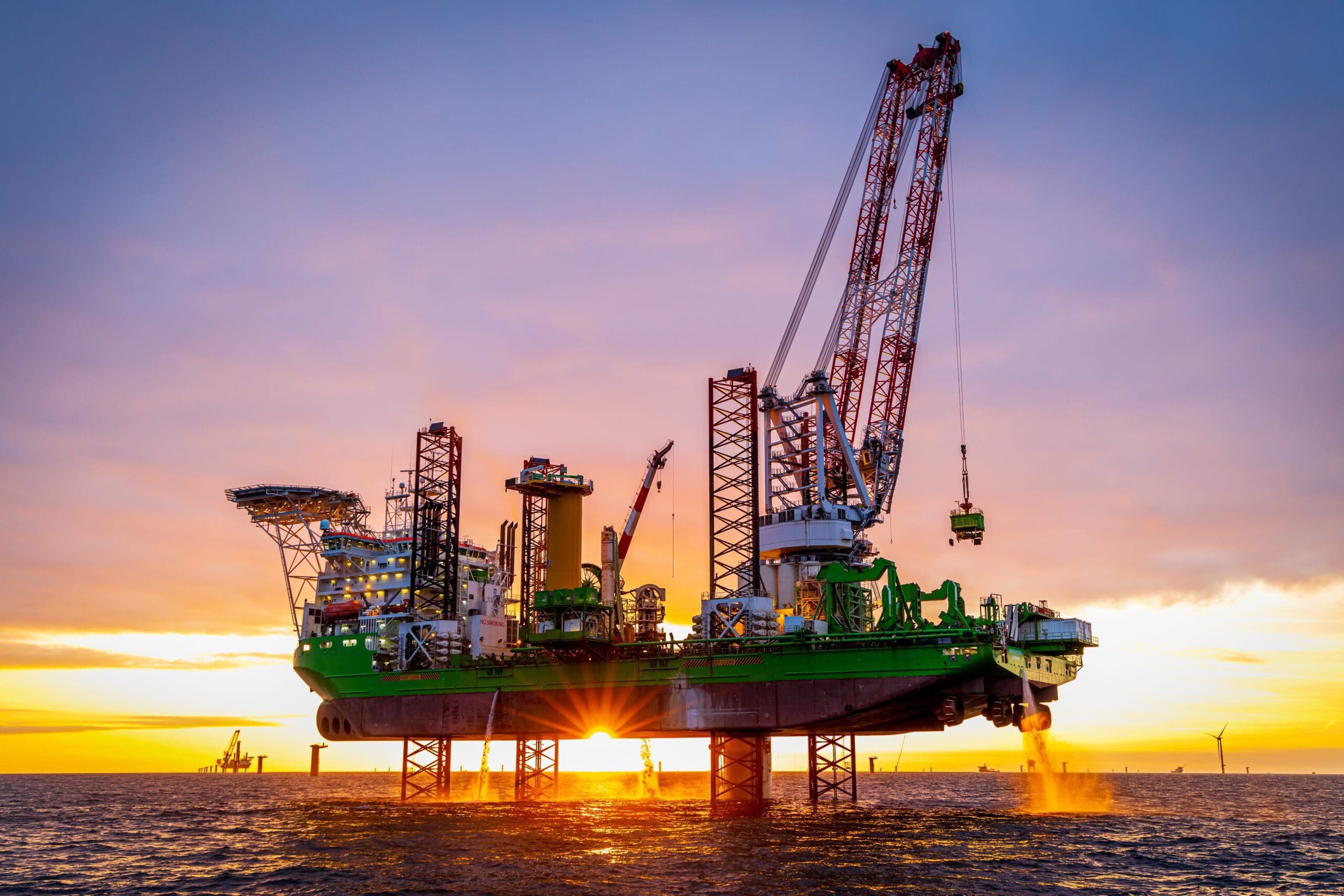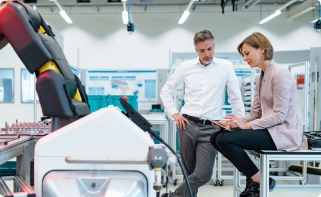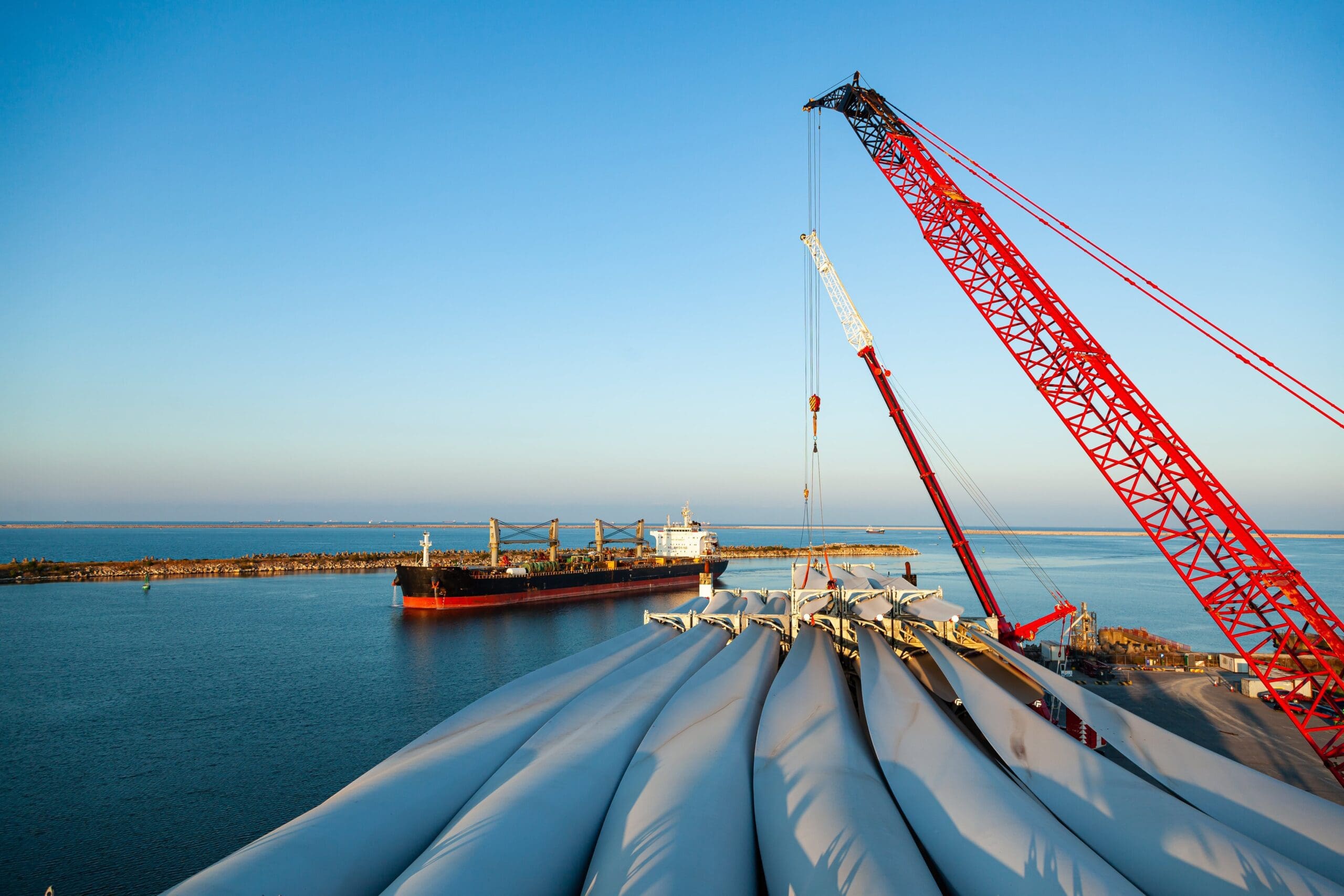Sector
Marine
Location
United Kingdom
Services
Remote Monitoring and Data Services

Our partnership with Lancaster University
Overview
In collaboration with British Engineering Services Asset Reliability Mimic and Lancaster University, the Engineering Department’s Dr Xiandong Ma wanted to explore how to make ships ‘smarter’ through developing condition monitoring software – Mimic – focusing on improving fuel efficiency and reducing unnecessary maintenance.
Mimic Condition Monitoring data was used and BES Mimic used experienced maritime personnel to develop a range of products, focusing on maximising the use of technology to solve problems within the shipping industry. We then provided condition monitoring software that allows companies’ maintenance decisions to be based on condition and performance rather than on recommended time basis, which reduces unnecessary maintenance.
Lancaster University’s Engineering Department’s Dr Xiandong Ma approached BES Mimic with a joint venture opportunity to exploit the benefits of utilising AI technology, signal processing with machinery performance and Condition Monitoring data. Lancaster University’s engineering department required an extensive amount data to conduct their research and BES Mimic’s wide-ranging library provided an ideal solution.
The challenge
Scheduled maintenance costs are a large part of the operating expenses for ship owners; often seen as pure costs, with no immediate need or longer-term benefits, which leads to many owners putting it off. However, this eventually leads to more breakdowns, resulting in a higher overall cost.
Monitoring and diagnostics of ships play an increasingly important role in optimal scheduling of maintenance activities. Condition monitoring has previously only been used for specific aspects of a ship’s system. Recently, there has been a growing interest in the monitoring of fuel usage and conditions of the whole ship which we seek to develop and include in our software – Mimic.
Expertise sought:
- Electrical engineering
- Smart sensor systems
- Signal processing
- Integrated and intelligent monitoring techniques and models
The Solution
We provided real data collected from the operational ships, allowing the research to be conducted with a focus on three areas:
Fault classification through enhanced time-frequency patterns which helps identify multiple events in real time
Different failures can be interpreted and classified based on the specific time-frequency patterns produced. This development helps to address the problem of multiple events, for example, due to mechanical and electrical faults that may occur simultaneously but reside in different frequency bands.
Automatic fault detection to serve as an early warning system
The researchers developed and refined data-driven condition monitoring models that can predict a potential fault or failure of the critical equipment, e.g. turbochargers and propulsion engines, forming the basis of an early warning system.
Development of Smart sensor systems
The researchers investigated the essential sensors required for condition monitoring approaches for fuel efficiency and energy management. The aim was to determine the novel and operational sensors and the associated conditioning electronics that must be able to operate within the extreme environment of the seas.
The result
Funding for this project
The total cost of the project for staff, travel and materials was £20,000, £10,000 equivalent staff time supplied by us, £10,000 and match-funded through the Impact Acceleration Account (IAA). The funding we received from the IAA comes from the Engineering & Physical Sciences Research Council, which finances a range of activities designed to foster greater collaboration within the industry and bridge the gap between the lab and the marketplace.
With the funding we received from the Impact Acceleration Account (IAA) of the UK’s Engineering & Physical Sciences Research Council. With this, BES Mimic and Lancaster University were able to part fund this project.
Impact
The results from this study will further improve competitive operation and could revolutionise fuel efficiency. Most importantly, such a technological advance could be retrofitted to most of the world’s ships, thus promising substantial impacts because of this research within existing ship systems.
Due to the successful conclusion of this project, we will continue to collaborate with Lancaster University, to build upon this foundation through a Knowledge Transfer Partnership, as new project requirements are realised.
It is hoped the research undertaken will help facilitate changes in the culture of maintenance within the marine industry.
As the system can be retrofitted to most of the world’s ships, this research is of global significance.
Key outcomes
This system was developed to be retrofittable to most ships
AI technology condition monitoring software was developed to help companies make maintenance decisions based on condition and performance
Optimised maintenance and reduced costs
A quote from the client


Contact us to find out more about our Remote Monitoring and Data Services.
Related Case Studies
View All Case Studies
Preserving History and Ensuring Safety with Structural Monitoring During The Jenners Building Re-development
Read more.
Vessel Downtime Avoided for UK Ferries Operator
Read more.
 About BES Group
About BES Group Accreditations & Credentials
Accreditations & Credentials Our Environmental, Social & Governance
Our Environmental, Social & Governance Careers at BES Group
Careers at BES Group Our Senior Leadership Team
Our Senior Leadership Team